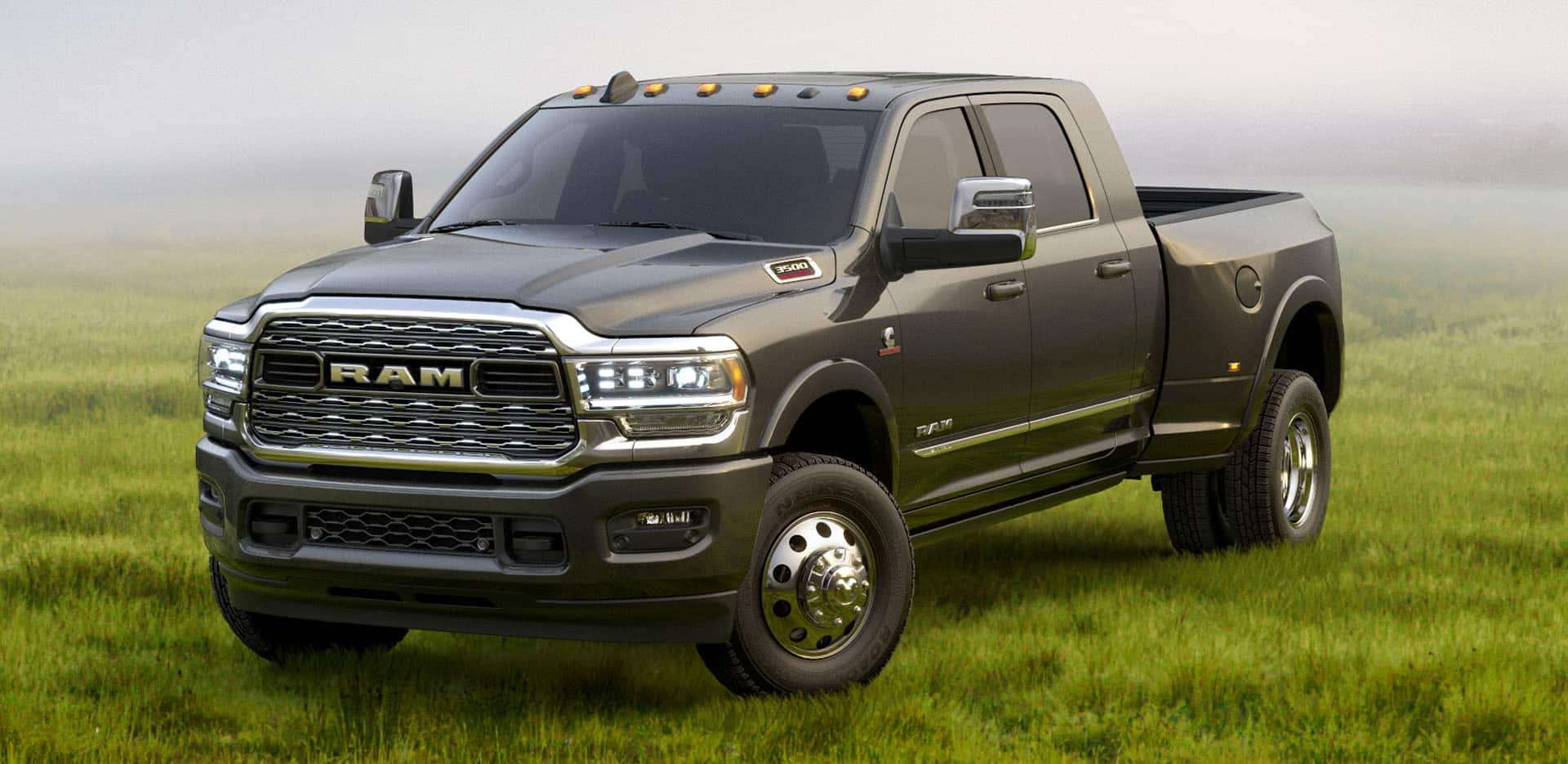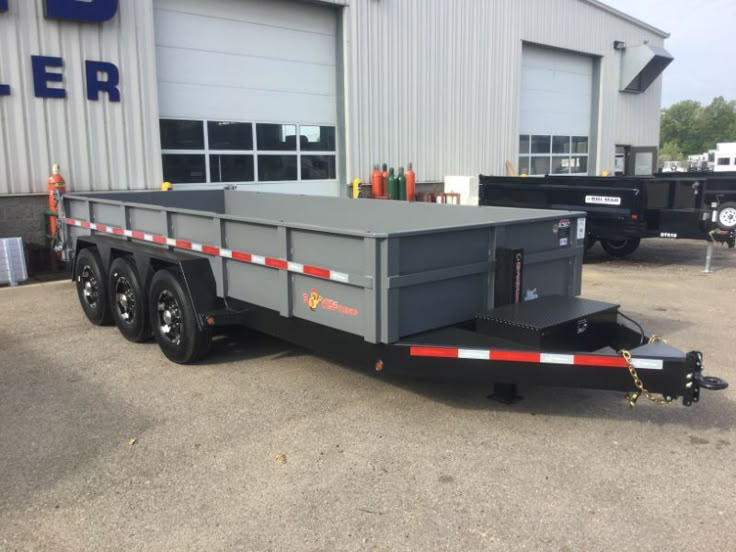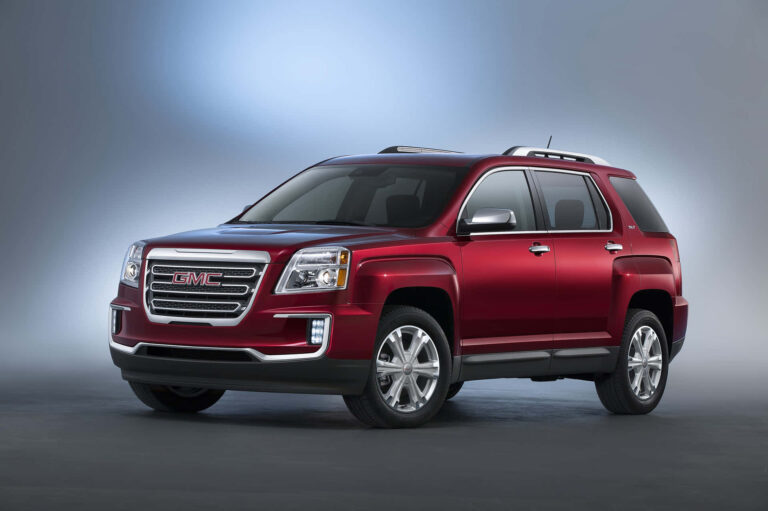3500 Chevrolet Trucks For Sale: Your Ultimate Guide to Heavy-Duty Hauling
3500 Chevrolet Trucks For Sale: Your Ultimate Guide to Heavy-Duty Hauling cars.truckstrend.com
For those who demand uncompromising power, unparalleled towing capacity, and rock-solid durability, the 3500 Chevrolet truck stands as an undisputed champion. Whether you’re a commercial contractor hauling heavy equipment, a recreational enthusiast towing a large fifth-wheel RV, or someone who simply needs the ultimate workhorse for demanding tasks, a 3500 Chevrolet truck offers the robust capabilities you require. This comprehensive guide explores everything you need to know when considering 3500 Chevrolet trucks for sale, helping you navigate the market and make an informed purchase.
Understanding the Chevrolet 3500 Series: A Legacy of Strength
3500 Chevrolet Trucks For Sale: Your Ultimate Guide to Heavy-Duty Hauling
The Chevrolet 3500 series, often referred to as the Silverado 3500HD (Heavy Duty), represents the pinnacle of Chevrolet’s light-duty truck lineup in terms of payload and towing. These trucks are engineered from the ground up to handle the most challenging jobs, distinguishing themselves from their 1500 and 2500HD siblings through enhanced frame strength, heavier-duty suspension components, more robust braking systems, and often, dual-rear-wheel (dually) configurations for maximum stability and weight distribution.
Historically, the "3500" designation has evolved. Early models were simply "3500," while modern iterations are predominantly "3500HD," signifying their heavy-duty prowess. Key characteristics include:
- Gross Vehicle Weight Rating (GVWR): Typically exceeding 10,000 lbs, allowing for massive payloads.
- Engine Options: Primarily powerful gasoline V8s (e.g., 6.0L, 6.6L) or the legendary Duramax turbo-diesel V8 (6.6L), paired with heavy-duty transmissions like the Allison automatic.
- Towing Capacity: Often rated for conventional towing upwards of 20,000 lbs and fifth-wheel/gooseneck towing exceeding 30,000 lbs in modern configurations.
- Configurations: Available in Regular Cab, Double Cab (Extended Cab), and Crew Cab, with various bed lengths, and crucially, single rear wheel (SRW) or dual rear wheel (DRW) options. The DRW setup provides superior stability for heavy loads, especially fifth-wheel and gooseneck trailers.

Over the decades, the 3500 series has seen several generations, each bringing advancements in power, efficiency, safety, and comfort. From the rugged GMT800 platform (early 2000s) to the sophisticated T1XX platform (2020-present), the core mission of uncompromising capability has remained constant.
Why Choose a Used 3500 Chevrolet Truck?
Opting for a used 3500 Chevrolet truck offers a compelling value proposition, especially given the significant investment new heavy-duty trucks represent.
- Cost-Effectiveness: The most obvious benefit is the lower purchase price compared to a new model. Heavy-duty trucks, like all vehicles, depreciate, allowing you to acquire a highly capable machine for a fraction of its original cost.
- Proven Reliability and Longevity: These trucks are built to last. With proper maintenance, a 3500 Chevrolet can easily surpass 200,000 or even 300,000 miles, particularly the Duramax diesel variants. Their robust construction means they can withstand years of demanding work.
- Depreciation Advantage: The steepest depreciation occurs in the first few years of a vehicle’s life. By purchasing used, you avoid this initial rapid decline in value, potentially allowing you to sell it later without as significant a loss.
- Wide Availability: The popularity of the Silverado 3500HD means there’s a healthy used market, offering a variety of model years, configurations, and price points to suit different budgets and needs.
- Immediate Capability: A used 3500 is ready to work or tow from day one, without the waiting times or custom ordering often associated with new vehicles.
Key Considerations When Buying a Used 3500 Chevrolet Truck
Purchasing a heavy-duty truck requires careful consideration. Here are crucial factors to evaluate:
- Intended Use: Be brutally honest about your needs. Will it primarily tow a large RV, haul construction materials, serve as a dedicated work truck with a service body, or be a daily driver that occasionally pulls a trailer? Your primary use case will dictate the ideal engine, drivetrain, and configuration.
- Engine Type: Gasoline vs. Diesel:
- Duramax Diesel (6.6L): Offers superior torque for heavy towing and hauling, better fuel economy under load, and typically a longer lifespan. However, diesel trucks generally have higher upfront costs, more expensive maintenance (e.g., fuel filters, DEF systems on newer models, potential injector issues on older models), and more complex emissions systems.
- Gasoline V8 (e.g., 6.0L, 6.6L): Lower purchase price and simpler, less costly maintenance. While powerful, they typically offer less torque than the diesel and will consume more fuel when heavily loaded or towing.
- Transmission: While Chevrolet has used various automatics, the Allison 1000 series automatic transmission, commonly paired with the Duramax, is legendary for its durability and capability in heavy-duty applications. Ensure the transmission shifts smoothly without hesitation or slipping.
- Drivetrain (2WD vs. 4WD): If you’ll be operating in challenging terrain, snow, mud, or need maximum traction for launching boats or navigating unpaved job sites, 4WD is essential. For dedicated highway towing or work on paved surfaces, 2WD is more fuel-efficient and less expensive.
- Condition and Maintenance History: This is paramount for any used vehicle, especially a heavy-duty truck.
- Rust: Inspect the frame, cab corners, rocker panels, and bed for rust, particularly in regions that use road salt.
- Fluid Leaks: Check for leaks under the hood and around the transmission and differentials.
- Tires & Brakes: These are significant expenses. Ensure tires have good tread depth and are evenly worn, and that brakes are in good condition.
- Suspension: Look for sagging, excessive bounce, or unusual noises which could indicate worn shocks, springs, or bushings.
- Service Records: Request all available maintenance records. A truck with a documented history of regular servicing is generally a safer bet.
- Mileage: Don’t be immediately deterred by high mileage on a 3500, especially a diesel. These trucks are built for high mileage. A well-maintained 200,000-mile truck is often a better buy than a poorly maintained 100,000-mile truck.
- Pre-Purchase Inspection (PPI): Always, always, always get a pre-purchase inspection by an independent, trusted mechanic specializing in heavy-duty trucks. This small investment can save you thousands down the road by uncovering hidden issues.
Where to Find 3500 Chevrolet Trucks For Sale
The market for used 3500 Chevrolet trucks is robust, offering several avenues for your search:
- New and Used Car Dealerships: Many dealerships, especially those specializing in trucks or commercial vehicles, will have a selection of used 3500s. They often offer financing and may provide warranties.
- Online Marketplaces: Websites like AutoTrader, Cars.com, CarGurus, and local classifieds (Craigslist, Facebook Marketplace) are excellent resources for both private sellers and dealerships.
- Specialized Truck Dealers: Some dealerships focus exclusively on heavy-duty and commercial trucks. These can be a great source for well-maintained fleet vehicles.
- Auction Sites: Online auto auctions (e.g., eBay Motors) and physical auctions (public, government, fleet) can offer good deals, but require more expertise to evaluate vehicles.
- Private Sellers: Buying directly from an owner can sometimes yield a better price, but it also requires more due diligence on your part, as there are no dealer guarantees.
The Buying Process: Tips for a Smooth Purchase
Once you’ve identified potential candidates, follow these steps for a confident purchase:
- Set a Realistic Budget: Beyond the purchase price, factor in potential repairs, insurance, registration, taxes, and ongoing maintenance. Heavy-duty trucks have higher operating costs than passenger vehicles.
- Research Specific Models and Years: Once you’ve narrowed down your engine preference, research common issues for specific model years you’re considering. Online forums and owner communities are invaluable resources.
- Obtain a Vehicle History Report: Services like CarFax or AutoCheck can provide crucial information about a truck’s past, including accident history, previous owners, service records, and title issues.
- Thorough Test Drive: Don’t just drive around the block. Take the truck on the highway, over bumps, and if possible, try it with a load similar to what you intend to haul. Listen for unusual noises, feel for vibrations, and check all electrical components.
- Negotiate: Be prepared to negotiate the price. Research comparable sales in your area to understand fair market value.
- Understand Financing: If you’re not paying cash, explore financing options from banks, credit unions, or the dealership.
- Complete Paperwork: Ensure all title and registration documents are correctly transferred to avoid future headaches.
Common Issues and Solutions for Used 3500 Chevrolet Trucks
While robust, 3500s can develop common issues, particularly as they age:
- Duramax Diesel Specifics:
- Injector Issues (LB7, LLY engines): Older Duramax engines (2001-2004.5 LB7, some LLY) were known for injector failures. Solutions involve replacement, often with updated parts.
- DPF/DEF Systems (LMM, LML, L5P): Newer diesel trucks have complex emissions systems (Diesel Particulate Filter, Diesel Exhaust Fluid). Issues can arise from clogged DPFs, faulty DEF heaters, or sensor failures, leading to costly repairs. Regular maintenance and proper use are key.
- Glow Plugs: Can fail, leading to hard starting in cold weather.
- Gasoline V8 Specifics:
- Active Fuel Management (AFM)/Dynamic Fuel Management (DFM): On some gasoline engines (e.g., 6.0L), these cylinder deactivation systems can lead to excessive oil consumption or lifter failures. Aftermarket bypass devices or disabling the system are common solutions.
- Exhaust Manifold Bolts: Can break, leading to exhaust leaks and ticking noises, especially on older models.
- General Heavy-Duty Wear:
- Front End Components: Due to their weight and demanding use, ball joints, tie rods, and steering components can wear out. Listen for clunks or looseness in the steering.
- Brakes: Expect to replace pads and rotors more frequently than on a lighter vehicle.
- Suspension Bushings: Can wear out, leading to squeaks or clunks.
- Rust: As mentioned, inspect thoroughly, especially in the frame, brake lines, and body panels.
Solutions: Proactive maintenance is your best defense. Adhere to service schedules, use quality fluids and parts, and address minor issues before they become major problems. Finding a reputable mechanic experienced with heavy-duty trucks, especially diesel engines, is invaluable.
Practical Advice and Actionable Insights
- Don’t Buy More Truck Than You Need: While a 3500 is impressive, if your heaviest load is a small utility trailer, a 2500HD might be more practical and economical to own.
- Prioritize Mechanical Soundness: A few dents or a worn interior are cosmetic. Engine, transmission, brakes, and frame integrity are paramount.
- Factor in Ongoing Costs: Fuel, insurance, and maintenance for a 3500 will be significantly higher than for a typical car or even a half-ton truck. Budget accordingly.
- Consider Aftermarket Upgrades: Many 3500 owners add air springs, larger fuel tanks, or upgraded hitches. If these are already installed and professionally done, it can add value.
- Verify Towing Capacity: Always double-check the specific truck’s Gross Combined Weight Rating (GCWR), Gross Vehicle Weight Rating (GVWR), payload, and hitch ratings to ensure it meets your maximum towing/hauling requirements.
Price Table: Estimated Range for 3500 Chevrolet Trucks For Sale
Prices for used 3500 Chevrolet trucks vary significantly based on model year, engine type, mileage, condition, trim level, and geographical location. This table provides a general estimated range.
| Model Year Range | Engine Type | Condition (Estimated) | Estimated Price Range (USD) | Key Features / Notes |
|---|---|---|---|---|
| 2000-2007 | Gas V8 | Fair – Good | $8,000 – $18,000 | GMT800 platform; robust and simple; good work truck. |
| 2000-2007 | Duramax Diesel | Fair – Good | $12,000 – $25,000 | Early Duramax/Allison; strong towing; potential injector concerns. |
| 2007.5-2014 | Gas V8 | Good | $15,000 – $28,000 | GMT900 platform; improved interiors; AFM/DoD for gas. |
| 2007.5-2014 | Duramax Diesel | Good | $20,000 – $38,000 | LML/LMM Duramax; DPF/DEF systems; robust powertrain. |
| 2015-2019 | Gas V8 | Very Good | $25,000 – $40,000 | K2XX platform; modern amenities; improved ride; updated gas engine. |
| 2015-2019 | Duramax Diesel | Very Good | $35,000 – $55,000 | L5P Duramax; higher HP/Torque; more tech and capability. |
| 2020-Present | Gas V8 | Excellent | $40,000 – $65,000+ | T1XX platform; significant redesign; very capable; 6.6L gas engine. |
| 2020-Present | Duramax Diesel | Excellent | $55,000 – $80,000+ | All-new styling; 10-speed Allison; top-tier towing. |
Disclaimer: These are estimated ranges for typical conditions. Exceptionally low-mileage or perfectly maintained examples may command higher prices, while trucks with significant issues will be lower. Always verify pricing with current market data.
Frequently Asked Questions (FAQ) about 3500 Chevrolet Trucks For Sale
Q1: What’s the main difference between a 2500HD and a 3500HD?
A1: The primary differences lie in payload and towing capacities, and often the availability of dual rear wheels (DRW) on the 3500HD. The 3500HD generally has a higher GVWR, thicker frame components, and heavier-duty suspension to handle more weight than a 2500HD. While both are heavy-duty, the 3500HD is designed for the absolute heaviest loads.
Q2: Is a Duramax diesel worth the extra cost for a used 3500?
A2: It depends on your primary use. If you consistently tow very heavy loads (e.g., large RVs, heavy equipment, commercial trailers) or put on high mileage, the Duramax’s superior torque, fuel economy under load, and longevity can justify the higher purchase price and maintenance costs. For occasional light towing or general hauling, a gasoline V8 might be more economical.
Q3: What mileage is considered "too high" for a used 3500?
A3: There’s no definitive "too high" mileage, especially for a well-maintained Duramax diesel. Many 3500s are built to run for hundreds of thousands of miles. A truck with 200,000 miles that has a complete, documented service history and passes a pre-purchase inspection is often a better buy than a 100,000-mile truck with unknown maintenance. Focus on condition and history over mileage alone.
Q4: Should I buy a 2WD or 4WD 3500?
A4: Choose based on your driving conditions. If you primarily drive on paved roads and don’t anticipate needing extra traction for off-road conditions, snow, or muddy job sites, a 2WD model will be less expensive to buy and maintain, and slightly more fuel-efficient. If you face challenging terrain or weather, 4WD is essential.
Q5: What are common ongoing maintenance costs for a 3500?
A5: Expect higher costs for tires (especially for DRW models), brakes, and fluid changes due to the truck’s weight and heavy-duty nature. Diesel models will have additional maintenance for fuel filters, DEF (if applicable), and potentially more complex emissions system components. Insurance and fuel consumption (especially gasoline V8s) will also be higher than smaller vehicles.
Q6: Can I use a 3500 as a daily driver?
A6: Yes, but consider the compromises. While modern 3500s offer comfortable interiors and a surprisingly smooth ride for their size, they are large vehicles. Maneuvering in tight parking lots, fitting into garages, and the fuel economy (especially in city driving) can be significant drawbacks for daily commuting if you don’t regularly utilize their heavy-duty capabilities.
Conclusion
The 3500 Chevrolet truck is a formidable machine, purpose-built for the most demanding hauling and towing tasks. When exploring 3500 Chevrolet trucks for sale, you’re looking at a segment of the market where capability reigns supreme. By understanding the different configurations, diligently researching maintenance histories, conducting thorough inspections, and considering your true needs, you can confidently acquire a used 3500 that will serve as a reliable and powerful workhorse for years to come. With a legacy of strength and a robust aftermarket, a 3500 Chevrolet truck isn’t just a vehicle; it’s an investment in serious capability.





